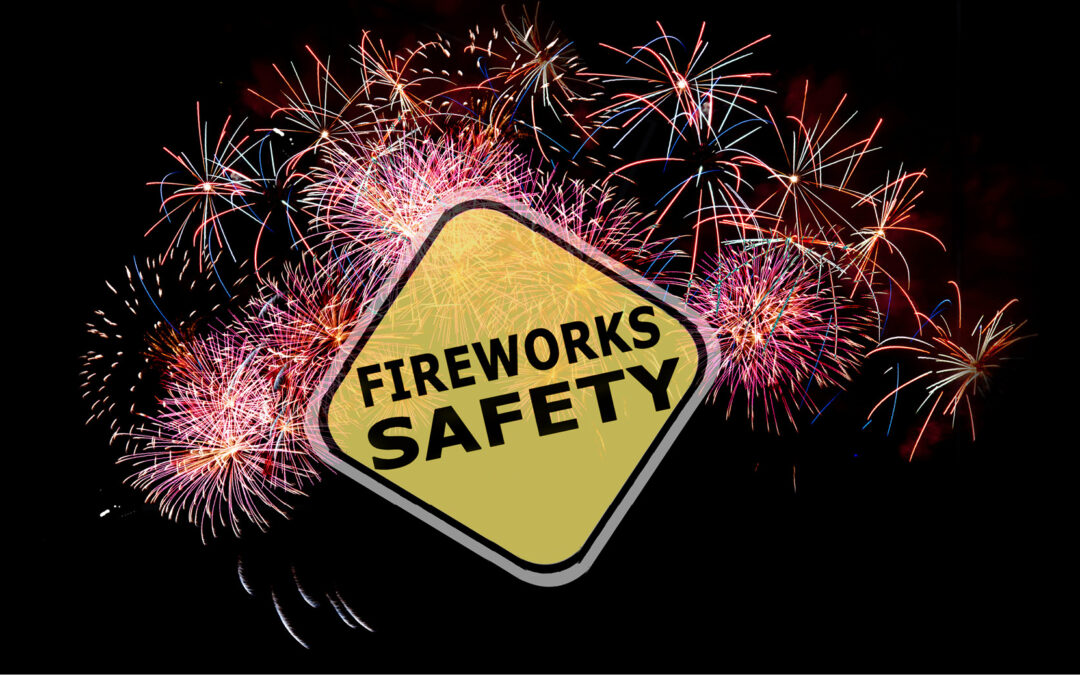Most families love the Fourth of July and the fireworks that accompany the celebration. What is not loved are the preventable trips to the emergency room for fireworks-related injuries. The best way to enjoy fireworks is to leave it to the professionals and visit a show offered at local parks, community centers and city celebrations.
Although, the injury rate on legal fireworks has declined over the years, according to the National Council on Firework Safety, children and adults need to continue to follow a few safety tips to avoid injury.
Most injuries result from misuse, including holding firecrackers too close, picking up lighted fireworks and having fireworks explode near a bystander. Also, the injuries occur from lighting fireworks under the influence of alcohol and/or drugs.
By Kansas laws, any rockets mounted on a wire or sticks including any device containing such rockets are prohibited, but many people still buy and ignite them for fun.

Dr. Wedel is an Emergency Room physician at Providence
Logan Wedel, MD, Emergency Medical Services Physician for Providence Medical Center, says most injuries result from misuse, including holding firecrackers too close, picking up lighted fireworks and having fireworks explode near a bystander; and/or using / lighting fireworks under the influence of alcohol and/or drugs.
Common injuries include second- and third-degree burns, partial or total loss of sight, lacerations, and fractures. Digit amputations to the fingers are also very common according to Dr. Wedel.
He recommends treating minor burns by using cool water, never butter. For more serious injuries, individuals should call for medical assistance immediately by dialing 911. The Providence Emergency department is open 24/7 and is there if injuries occur. — Treat with OTC triple antibiotic ointment and gauze saturated with cool water / cool compresses. If you notice any large blistering, that constitutes a 2nd degree burn and should be evaluated by a medical professional. Make sure your Tetanus or Tdap vaccination is up to date (typically within 10 years for these injuries).
The National Council on Firework Safety states if you are planning to use fireworks, keep these safety tips in mind:
- Always read and follow label directions.
- Have an adult present.
- Use outdoors only.
- Always have water handy (a garden hose and a bucket).
- Never experiment or make your own fireworks.
- Light only one firework at a time.
- Never re-light a “dud” firework (wait 15 to 20 minutes and then soak in a bucket of water).
- Never give fireworks to small children.
- Dispose of fireworks properly by soaking them in water and then disposing of them in your trashcan.
- Never throw fireworks at other people.
- Never carry fireworks in you pocket.
- Store fireworks in a cool dry place.
- Never shoot fireworks in metal or glass containers.
- The shooter should always wear eye protection and never have any part of the body over the firework.
- Never hold lighted fireworks in your hand.
For those with pets, the Council recommends these tips:
- Don’t bring your pets to a fireworks display, even a small one.
- If fireworks are being used near your home, put your pet in a safe, interior room to avoid exposure to the sound.
- Make sure your pet has an identification tag in case it runs off during a fireworks display.
- Never shoot fireworks of any kind (consumer fireworks, sparklers, fountains, etc.) near pets.
Providence Medical Center has a 24-hour, seven day a week emergency service department, featuring board-qualified physicians, specially trained emergency nurses, and other healthcare professionals. Committed to serving the community, Providence offers a full range of services, providing expert care close to home.


